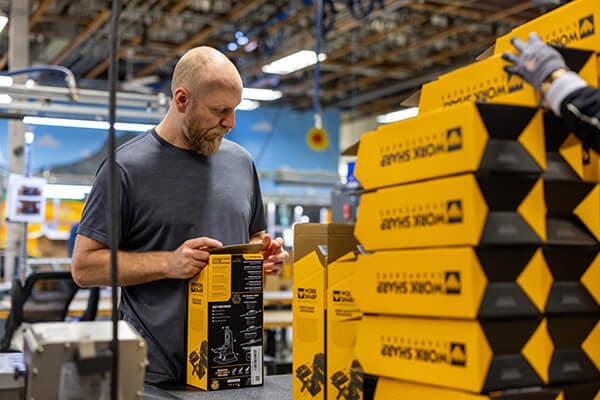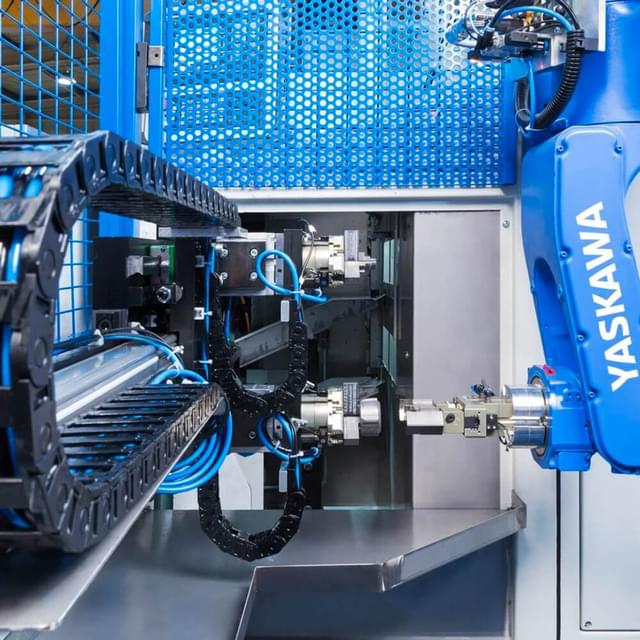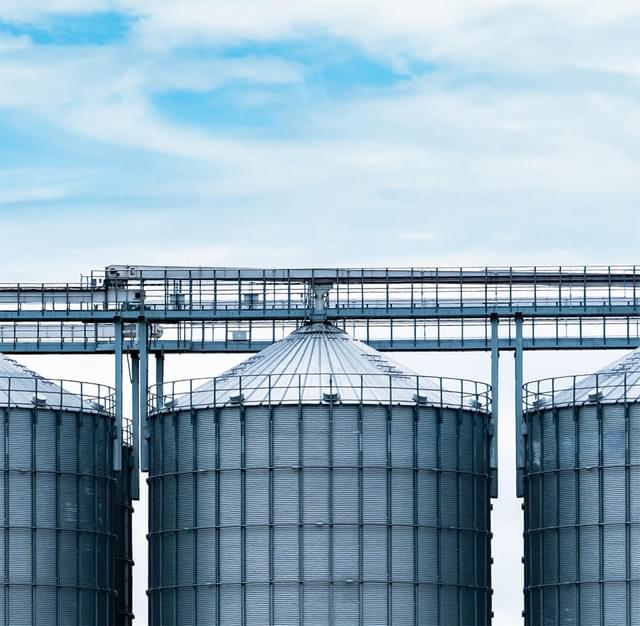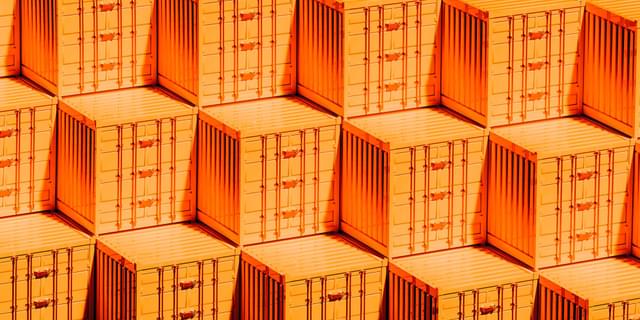
Manufacturing
By Use Case
By Industry
By Standard

Global
Manufacturing
Enterprise

Automotive manufacturer Renault optimizes operations at their Benelux warehouse by creating a lean labeling system to reduce potential errors—without delays or backlogs during deployment.
The automotive manufacturer Renault worked with BarTender partner PHI DATA to develop an automated label printing solution for its warehouse in Boom, Belgium. PHI DATA’s LabelEasy system featuring BarTender is now operational on the Renault-Boom site.
Renault’s site in Boom, Belgium occupies a strategic position as the company’s European Distribution Center (EDC) for the Benelux region. The facility employs nearly 90 employees in a warehouse covering an area of 17,000 m2, stocking more than 33,000 different items, which are shipped from France and then sent on to 330 sites. “We decided to develop a new solution to meet the various process challenges Renault was facing,” explains Renault’s Benny Moons, coordinator and pilot on the Alliance Production Way (APW), a production standard developed at the Boom plant for the brand’s global facilities. “And there were many challenges.”
The facility’s high production rates and immense number of reference parts created challenges in cost, quality and lead times. Renault’s goal for the project was to streamline the picking process, making it as easy as possible for the operator to select parts by implementing the logo and hangers, for example. They also sought to increase automation and improve control of the label printing process for the 33,000 or so references in stock, creating a lean labeling system and reducing the potential for error.
Renault was looking for an up-to-date label printing system. Print operators had been working with four thermal printers, and printing to four colors of label media stock, each color corresponding to one of the four areas of the warehouse.
The technology was limited in production speed and volume, and there were concerns about delays and backlogs. The company sought an automated system that was userfriendly, flexible and quick to implement — the company couldn’t afford delays or backlogs during the system’s deployment.
Renault approached PHI DATA, whose LabelEasy solution incorporates BarTender. “We delivered a new high-speed, highresolution, full-colour printing solution to Renault,” said Wouter Theunis, project manager at PHI DATA. “Together, we chose BarTender Automation Edition, printing to two Epson color printers. The system included a Datalogic fixed scanner, with all components situated together on a custom-built metal frame.
“We use BarTender because it’s the most optimized labeling solution by far — it’s Windows-based, and provides easy integration with any ERP system.”
Now, the team at Renault’s Boom facility manages only one adaptable label file that automatically prints the specific data needed for each label. For example, an icon has been added to labels that are reprinted to indicate that the products are in stock, or need to be delivered urgently. Color coding is more efficient — on-demand color printing differentiates between the four areas of the warehouse, instead of inefficient and expensive colored label media.
The label data is supplied in a CSV file, and is saved to a SQL database. The Layers feature in BarTender allows for conditional printing — BarTender uses the database to determine which layers are turned on or off at print time, and then sends the label to the printers, which print at speeds as high as 300 mm per second.
As each label is printed, it’s also scanned for verification, and its data transferred to a SQL database. “We compare the printed and scanned data for accuracy,” said Theunis. “We’ve built a script that checks every print job that’s been sent to the printers, confirming it’s actually been printed. We create an audit trail, recording which printer was used, and what time the label was created.”
“Our customers appreciate the user-friendliness of the software,” Theunis added. “As a long-time integrator and partner, we also appreciate the technical support we get from Seagull.”
“We wanted to optimize and modernize our system, and we succeeded,” says Moons. “Our labeling is high quality, and operators can now easily make changes to labels themselves using BarTender.”
“LabelEasy bundles everything together, so now Renault now has a single point of contact, a great added value for them,” adds Wouter Theunis.
The new system has reduced errors. “The operator prints the delivery notes, first by creating a database,” said Moons. “The BarTender software then analyzes this database and, depending on the fields filled in, designated logos and colors are added, considerably reducing the number of errors we experience. Then, after the printing phase, all labels are scanned and verified to ensure that everything is printed correctly.”
“Quality is extremely important to us and by adding icons and a barcode to our delivery notes, we have been able to increase the overall quality and efficiency of our processes,” said Moons.
PHI DATA built Renault a complete solution that includes hardware, software and services, giving it the flexibility it needs for continued growth. And the LabelEasy deployment includes a planned delivery and maintenance schedule.
“Working with PHI DATA and BarTender has been a positive experience, and we are already looking forward to our next project,” said Moons.

Manufacturing

Manufacturing

Supply Chain
